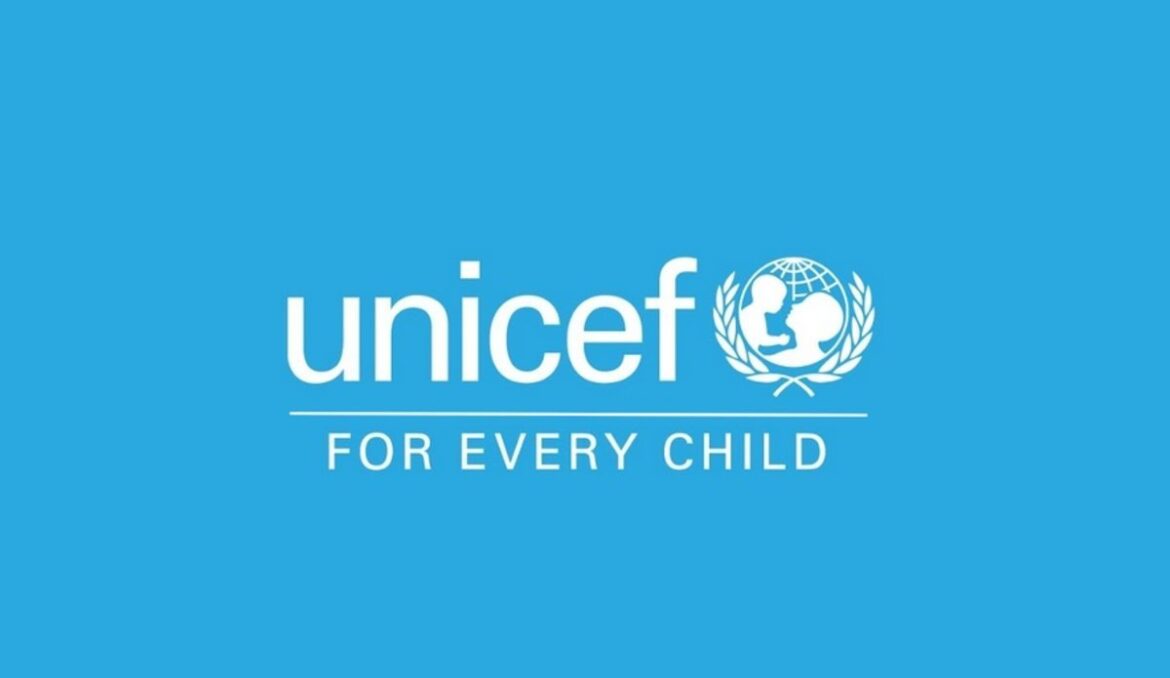By Muhammad Amaan
The United Nations Children’s Fund (UNICEF) has called for collaborative efforts against Human Papillomavirus (HPV) infection among girls and women in Nigeria.
Dr Ijeoma Agbo, UNICEF Health Specialist, made the call during a two-day media dialogue on HPV vaccine on Tuesday in Lagos.
The dialogue has the theme: “Combating The Most Preventable Form Of Deadly Cancer Affecting Women and Girls Through Vaccination.”
Dr Agbo said that HPV is the most common viral infection of the reproductive tract and caused more than 95 per cent of cases of cervical cancer.
The UNICEF health specialist, who noted that HPV vaccine is safe, effective, and free, said there was an urgent need for all stakeholders to come together to sensitise Nigerians on its importance.
According to her, cervical cancer is the fourth most common cancer in women globally and the second most common cancer affecting women in Nigeria.
“There are over 100 HPV types that have been identified to date, and two human Papillomavirus types (16 and 18) account for about 70 per cent of all cervical cancer cases.
“It is estimated that 604,000 new cases with 342,000 deaths occurred globally in 2020 and an estimated 12,075 cases and 7,968 deaths recorded in Nigeria,” she said
Agbo also said that the high burden of cervical cancer is attributed to several factors, which include poor access to HPV vaccination services, poor screening and treatment as well as low awareness among others.
He, however, said that vaccination against HPV had shown to be effective in preventing persistent infection with high-risk types, which are the primary cause of cervical cancer.
On the objective of the HPV vaccine in Nigeria, Agbo said that the main goal is to reduce morbidity and mortality of cervical cancer by providing HPV vaccine to girls between ages nine and 14.
She also said that the targeted audience for the vaccine is on girls aged 9-14, who can be found in schools, out of schools, places of religious worship, special population settings and groups, among others.
In his remarks, Muhammad Okorie, Programme Manager, UNICEF, highlighted that the media dialogue was an opportunity to sensitise the public about the advantages of proven global interventions in the prevention of HPV through vaccination.
Okorie said it was also an opportunity to reach more people through the media and dissuade the minds of the people on any misgivings about the vaccine.
He appreciated the role of the media in creating awareness about the HPV vaccine and called for more synergy to make the vaccination programme successful.




